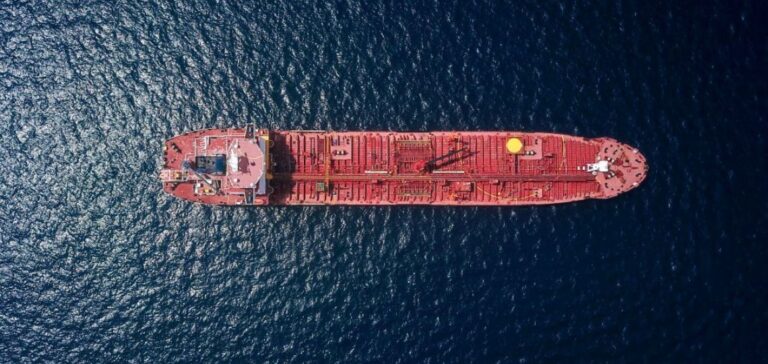Two Greek-flagged oil tankers, seized in May by the Iranian Revolutionary Guards, have been released and left Iran on Wednesday, the Greek Ministry of Merchant Marine announced.
“After months of negotiations with Iran, the tankers Prudent Warrior and Delta Poseidon, seized since May 27, have left” that country, according to a statement.
Most of the 50 sailors of both crews had left the tankers and were replaced a few weeks ago.
Following this agreement, a tanker carrying Iranian crude, the Pegas, flying a Russian flag, seized by Greece in April was also released, Tehran said.
“The three ships have weighed anchor toward their destinations,” the Iranian Foreign Ministry said in a statement.
“Following the agreement reached between the Iranian maritime authorities and Greece, the ship carrying the Iranian crude oil left Greek waters a few hours ago, after six months of detention,” the Iranian ministry added.
The Greek Minister of Merchant Marine, Giannis Plakiotakis, welcomed the outcome of this “particularly unpleasant and complicated” case.
“Today is a very nice day for our sailors, for Greece,” he said, quoted in the statement.
The company that manages the Prudent Warrior, Polembros Shipping, said Monday that seven of the original crew members of the tanker seized in May were still on board before the deal was announced.
“We were innocent victims caught in the middle of political confrontations,” the company said.
The dispute began in April, after Greece seized the Pegas, carrying Iranian crude oil, near Athens.
Greece had initially stated that it was enforcing European sanctions imposed on Russia following its invasion of Ukraine before claiming that the seizure had taken place at the request of U.S. judicial authorities.
Tehran has strongly protested the seizure of its crude oil, calling it “international theft”.
When Athens announced that it would transfer the oil to Washington, at the request of “American justice”, Iranian helicopters landed commandos on the two Greek tankers, which were taken to the port of Bandar Abbas.
According to the Greek Ministry of Foreign Affairs, during this operation, the Delta Poseidon was sailing in international waters.
At the time, the Revolutionary Guards said they had seized the two Greek oil tankers in the Persian Gulf “because of violations they had committed”.
For its part, Athens denounced this act “comparable to piracy” and informed the European Union and the International Maritime Organization of the incident.






















